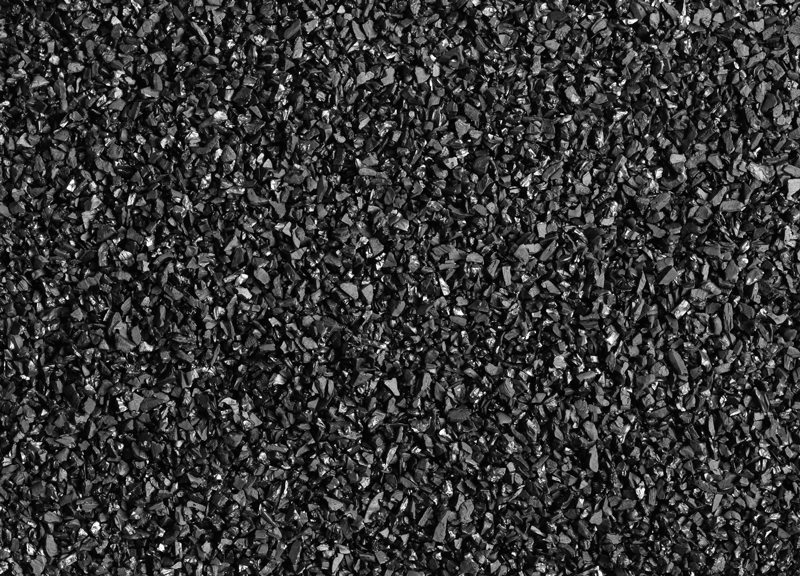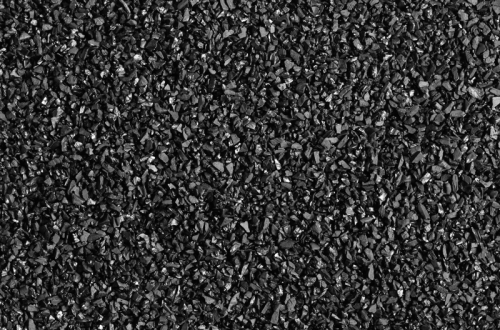Ecosystems
-
Activated Carbon Manufacturing Process for Filtration
As activated carbon charcoal is useful for absorbing various toxic liquids, gases, unpleasant odors to water purification, here are the activated carbon charcoal processing processes.
-
Activated Media Filters
Water often contains unwanted substances – “dissolved solids”. Dissolved solids are defined as those smaller than 0.5 micron. They cannot be removed by sand filters, dual-media filters or by multi-media filters. Removing them requires the use of membranes or media that are “activated”. There are a variety of activated media, such as wood (soft & hard), coal, coconut shells, peats and others. Each tailored to the removal of one or more specific dissolved substances. They work via adsorption, absorption or ion exchange, and must be replaced regularly. In all, these media can remove more than 200 dissolved substances. Examples of dissolved substances often found in water sources such as ground…
-
Urban air is getting so dirty: 7 out of 8 people fail to breathe standard air
Are you one of those urban dwellers? Air quality has been improving over time in many cities. For example, Japan is almost synonymous with clean air. But unfortunately, while some places are getting better, more others are getting worse, especially as a larger percentage of humanity is moving to urban areas every year. Let’s just see the fact: air pollution now kills more people every year than malaria and AIDS combined and that according to the World Health Organization (WHO), air pollution now the world’s biggest environmental health risk with 7 million deaths per year. The WHO has created database that contains results of ambient (outdoor) air pollution monitoring from…
-
Polar bears and their missing homes
What do you think about the picture? Polar bear doing yoga? This is not a picture for fun, but indeed, it’s a heart-breaking one that tells a big story. The seawater surrounding the bear was once a piece of huge iceberg and the homeland for polar bears. But since the recent century, the Earth’s temperature has increased 0.8%, declaring the age of global warming. Humans are the main cause of global warming. We produce excessive CO2 that traps the heat inside the atmosphere. We cause global warming but we’re not the only species that have to bear the consequences. Hotter temperatures melt the ice. Polar bears have evolved for a life…
-
Should I use carbon filtration in freshwater aquariums?
Using carbon filtration in freshwater aquariums has become one of the hot trends nowadays. However, it’s at the same time a heated controversy. As a spectator, I want to cleat that carbon use is optional and it’s always a personal choice. I have tanks that use carbon and those that don’t. This article is my experience that provides some details about the use of carbon, which may allow aquarists like you to decide if carbon filtration is worth trying or not. Compared to carbon-zero tanks, I realized that carbon removes dissolved organics and toxins. It does it via two ways, adsorption and catalytic reduction. In general, organic particles are removed…
-
Airport and Air Pollution
Smoke Solution> I am a frequent traveller and have been to many airports. Airport is the first impression of foreigners to a country. A clean and fresh airport can always give a nice start of the journey. For years, I could find myself enjoying different airports and sometimes found it even nicer to have an overnight sleep there than a local hostel. However, in recent years I witnessed some unpleasant changes. Demand for air travel is now higher than ever, thanks to cheaper tickets and easier technology. Anyway, the growing demand has mainly led to two consequences: more flights (including those of delayed) and more passengers staying in the airports.…
-
Water: Our Suffering Best Friend
I live along a lakeshore. For years, water has been my best companion. Its face changes moment to moment. Water is just a lady with a thousand faces. This spring, I saw a new face. In March, our neighbourhood experienced a very unpleasant smell and taste in the lake water. For days, its surface stayed still. Volvox algae was soon found out to be the source of problems. It is non-toxic, but meanwhile depletes lake oxygen as it dies off. The algae bloom tells us that our lake is processing a load of nutrients, which typically flow from human settlements. Our lake is a rural lake with forested park on…
-
Activated Carbon & Water Filters
Carbon is a substance that has a long history of being used to adsorb impurities and is perhaps the most powerful adsorbent known to man. One pound of carbon contains a surface area of roughly 125 acres and can adsorb literally thousands of different chemicals. Activated carbon is carbon that is electro-positively charge, making it even more attractive to chemicals and impurities. As the water passes over the positively charged carbon surface, the negative ions of the contaminants are drawn to the surface of the carbon granules. Activated carbon filters used for home water treatment typically contain either granular activated carbon (GAC) or powdered block carbon. Although both are effective,…

